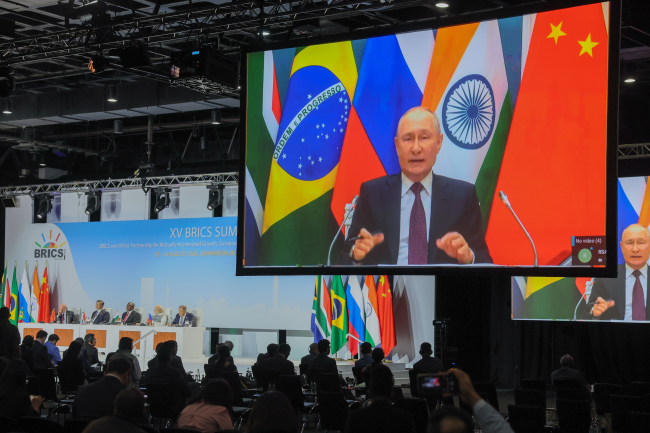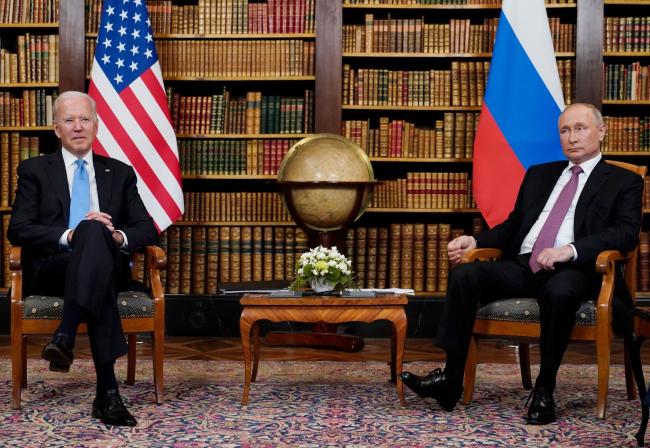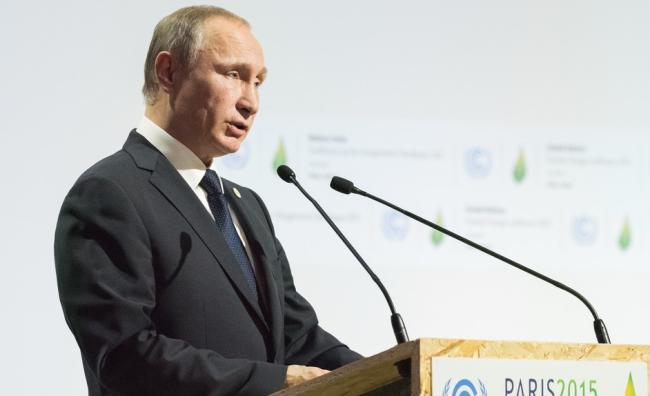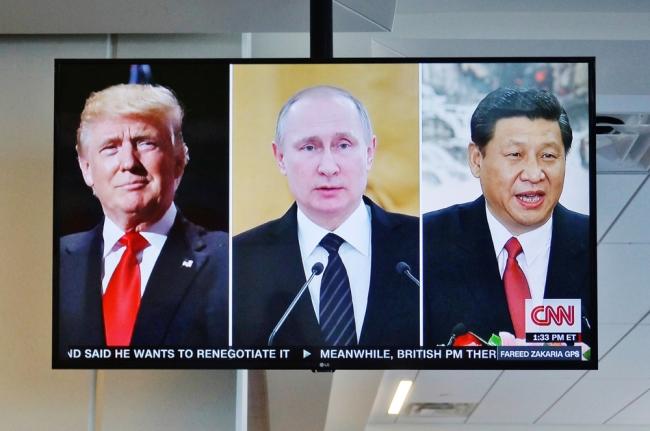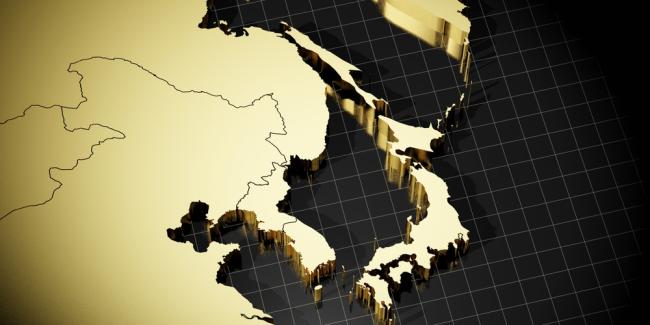
Prénom de l'expert
Bobo
Nom de l'expert
LO
Former Associate Research Fellow, Russia/Eurasia Center, Ifri
Research Areas:
- Russian and Chinese foreign policy
Bobo LO is an independent analyst. He is a former Associate Research Fellow at the Russia/Eurasia Center at Ifri.
Prior to that, he was previously director of the Russia and China programme, Centre for European Reform; Head of the Russia/Eurasia Center, Chatham House; Deputy Head of Mission at the Australian Embassy in Moscow. He has a MA from Oxford and a PhD from Melbourne University.
Dr. Lo writes extensively on Russian foreign policy. His most recent book, A Wary Embrace: What the China-Russia Relationship Means for the World, was published by Penguin Random House Australia in 2017. His book Russia and the New World Disorder (Brookings and Chatham House, 2015) has been described by The Economist as "the best attempt yet to explain Russia's unfortunate relationship with the rest of the world." Other publications by Bobo Lo include Axis of Convenience: Moscow, Beijing and the New Geopolitics (Brookings and Chatham House, 2008), Vladimir Putin and the Evolution of Russian Foreign Policy (Blackwell and Chatham House, 2003), and Russian Foreign Policy in the Post-Soviet Era: Reality, Illusion and Mythmaking (Palgrave, 2002). These more recent short writings include "Global Order in the Shadow of the Coronavirus: China, Russia and the West," Lowy Institute Analysis, July 2020; "The Return: Russia and the Security Landscape of Northeast Asia", Russie.NEI.Reports, Ifri, March 2020; "Once More with Feeling: Russia and the Asia-Pacific", Lowy Analysis, August 2019; "Greater Eurasia: the Emperor's new clothes or an idea whose time has come?", Russie.NEI.Reports, July 2019; "The five secrets to the Russian president's success", Australian Financial Review, 6 February 2019 and "Going Legit? The Foreign Policy of Vladimir Putin", Lowy Analysis, September 2018.
See more









